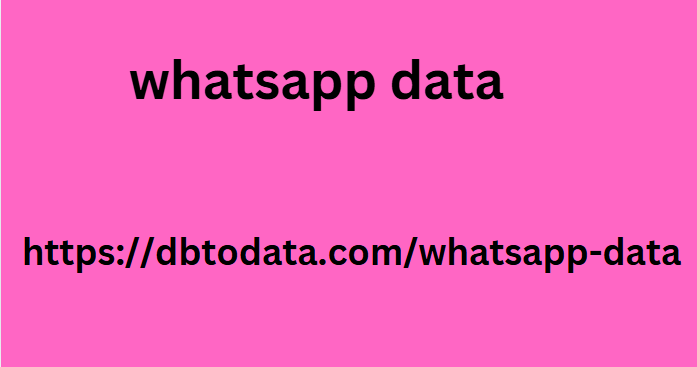Do you use FAQ content (also known as “ Frequently Asked Questions ”) in your blog strategy? If not, it’s important to start considering it as an essential resource for marketers and users.
Think about your own online search behavior: after you enter a query, when the SERP offers you a variety of answers, what do you do? Do you start clicking on links randomly or do you immediately check out the Google SERP’s “People also ask” feature?
What are FAQs?
When you are on a site, do you immediately look for the FAQ section of the site to uae whatsapp number data find the answers you are looking for? Don’t you do this to avoid searching through many pages of content before finding the answer?
If this sounds familiar, you’re not alone! Your website visitors do exactly the same thing , and that’s why we’re going to discuss FAQ content in more detail today.
Simply put, FAQs improve customer experience by providing a direct (or indirect) answer to questions about a topic, brand, product or service in short statements.
Not surprisingly, they are used on FAQ pages of websites, social media platforms, and as part of a FAQ blog post, and are part of hub posts that help clarify key information on a particular topic.
Digital marketers know that audiences are looking to connect with a company that offers valuable content to solve specific. Tritical issues. FAQs are about giving customers what they need when they need it in order to educate them, inform them. Tand most importantly, build trust.
Where do FAQs fit into your blog strategy?
An FAQ page on your site or blog post offers a broad. Tholistic view of a particular topic and unleashing the power of b2b personalization answers the most popular questions your audience asks most frequently. The FAQ format is often more visible and has more value with content focused at the beginning of the marketing funnel to take customers along the journey.
Similarly, FAQs are a wonderful source of blog content ideas. Tools like Answer The Public or Google Trends can help you identify. Twhat your audience wants to read, and then use that data to form the basis of a content cluster strategy with topics that offer cmo email list readers options and resources that answer their questions.
After all, well-designed FAQ content builds goodwill for your brand and positions you as an authority on your topic. Twhile encouraging your readers to engage further with your products and services.
Why is it necessary to use FAQs?
In order to attract and retain the ideal customer, good content marketing should include a proper mix. Tof different types of content with blogs, case studies, videos, FAQ webinars ( and more! ). Your audience will have unique ways of absorbing content. A good content marketer knows this, and will make sure that their content covers the widest spectrum possible.

